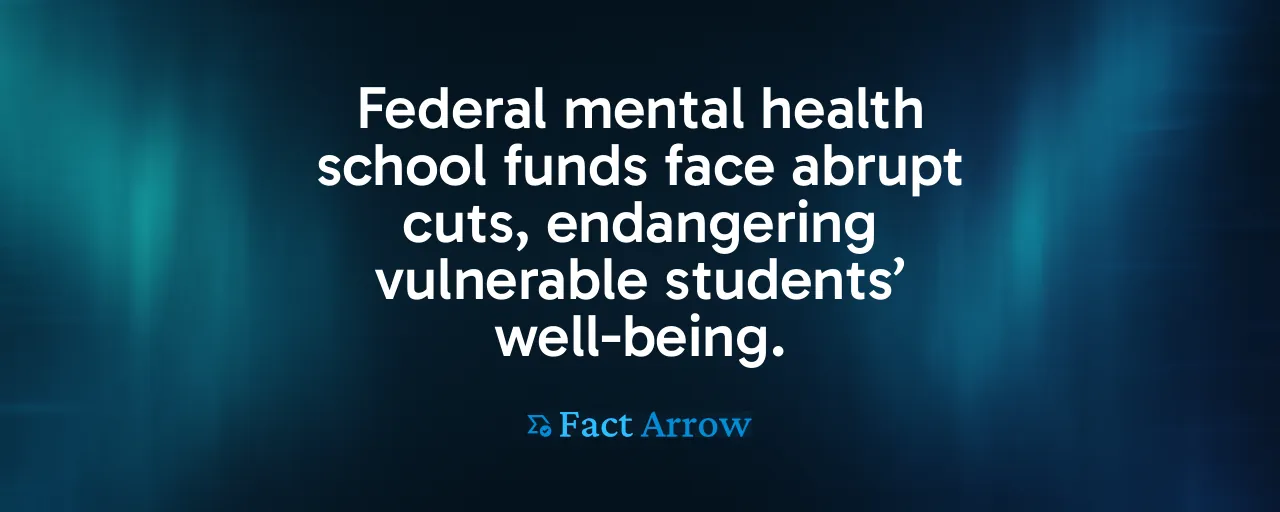A Sudden Blow to Student Well-Being
On April 29, 2025, the Trump Administration's Department of Education sent shockwaves through schools nationwide. Letters arrived at local education agencies, universities, and county offices, announcing the abrupt end of funding for critical mental health programs. In California alone, nearly $200 million in grants, meant to support counselors and psychologists in high-need schools, now hangs in the balance. The decision, affecting $1 billion nationally, targets programs created by Congress to address a growing youth mental health crisis.
California Attorney General Rob Bonta, leading a coalition of 16 states, swiftly responded. On July 8, 2025, they filed a motion for a preliminary injunction in federal court to halt the cuts. The stakes are high: thousands of students, especially in low-income and rural areas, rely on these services to navigate anxiety, depression, and trauma. Bonta's fight for these funds aims to ensure schools remain safe havens for kids.
The programs, launched under the 2022 Bipartisan Safer Communities Act, were a response to tragedies like Uvalde, where unmet mental health needs fueled violence. They've already shown results, hiring 1,300 professionals and serving 775,000 students in their first year. Despite these results, the Department of Education claims the grants don't align with its new priorities, leaving educators and families scrambling.
Why the Cuts Hit Hard
The impact of losing these funds would be devastating, particularly for marginalized communities. National data reveals a stark gap: the current ratio of students to school psychologists is 1,065 to 1, far above the recommended 500 to 1. In rural and low-income districts, where access to private care is limited, school-based services are often the only lifeline. Without funding, counselors and social workers face layoffs, and students lose critical support.
Research underscores the urgency. The CDC reports rising rates of adolescent anxiety and depression, with suicides among youth increasing steadily. School-based mental health programs have proven effective, reducing absenteeism, disciplinary issues, and even suicide risks. In California, state reports highlight gains in rural schools, where funded professionals have built trust with students who otherwise slip through the cracks.
The Trump Administration's rationale, centered on redirecting funds to priorities like 'merit' and 'excellence,' lacks clarity. Critics argue the decision primarily aims to dismantle initiatives tied to diversity, equity, and inclusion efforts. The vague justification raises questions about fairness and legality, prompting Bonta's coalition to challenge the move as a violation of federal law.
A Fight Rooted in Principle
Bonta's lawsuit, filed in the U.S. District Court for the Western District of Washington, rests on a core argument: the executive branch cannot override Congress's will. The 2022 law explicitly allocated funds for five-year mental health projects, with annual reviews based on performance. The Department's boilerplate discontinuation notices, sent without evidence of poor results, defy this process. Legal experts point to the Administrative Procedure Act, which requires agencies to provide reasoned explanations for policy shifts.
Historical precedent bolsters the case. In 2020, courts blocked similar attempts to redirect education funds, citing executive overreach. The current dispute echoes those battles, raising alarms about the erosion of Congressional authority. Advocates view this fight as crucial for protecting democratic checks and balances and prioritizing student well-being.
The coalition also highlights the human cost. Parents, educators, and students have rallied behind the programs, sharing stories of lives transformed by accessible counseling. In high-need schools, these services foster stability, helping kids focus on learning rather than survival. Cutting them now risks undoing years of progress.
Building a Stronger Future
Beyond restoring funds, advocates see an opportunity to strengthen school mental health systems. Expanding grant periods could provide stability, allowing districts to plan long-term hiring and training. Recruiting diverse providers, who reflect student communities, enhances trust and effectiveness, addressing cultural barriers to care. Federal investment in training pipelines could also ease shortages, ensuring every school has enough staff.
Peer-reviewed studies support this vision. Schools with robust mental health teams see higher graduation rates and lower disciplinary referrals, saving costs in health and justice systems over time. These outcomes align with broader goals of equity and opportunity, ensuring all students, regardless of zip code, have a fair shot at success.
Bonta's coalition calls for immediate action through court injunctions, but the long-term goal is clear: a national commitment to mental health as a cornerstone of education. By prioritizing access, the nation can prevent crises, from violence to self-harm, and build resilient communities.
The Road Ahead
As the legal battle unfolds, the nation watches closely. A favorable ruling could preserve funding and set a precedent against arbitrary policy reversals. Meanwhile, educators and families brace for uncertainty, hoping courts act swiftly to protect students. The case is a test of values: will the nation invest in its youth or allow political priorities to derail progress?
The fight reflects a broader commitment to equity and justice. By standing up for vulnerable students, Bonta and his allies affirm the fundamental right to mental health. Their efforts resonate with parents, teachers, and advocates who know firsthand the power of a supportive school environment.
Looking forward, the path is challenging but hopeful. With evidence on their side and communities mobilized, those fighting for these programs carry a message of resilience. They aim to ensure every child has the tools to thrive, no matter the obstacles in their way.
